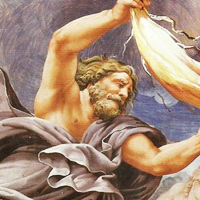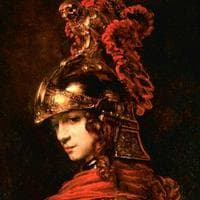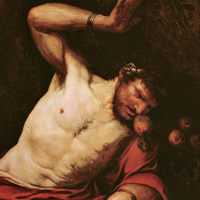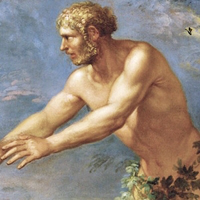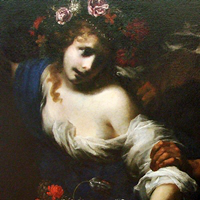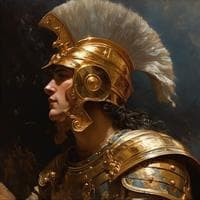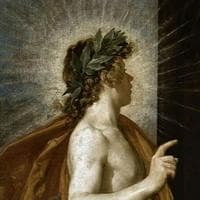Moirai (The Fates) MBTI -Persönlichkeitstyp
Persönlichkeit
"Welcher Persönlichkeitstyp ist {profilename}? {profilename} ist ein {MBTI} -Persönlichkeitstyp in MBTI, {enneagram} - {iv} - {tritype} in EnneArgram, {big5} in Big 5, {socionics} in Socionics."
Ni Anticipated overview of all possible outcomes as shaped by variations of dependent parameters under costant laws. Atrophos, the inexorable. Te Continous creation of systematic arrangements of rules, which preserve a standard of efficiency and satisfy it. Harmony justifies sacrifices. Cloto, the spinner, who is perpetually weaving the wire of life. Fi Intertwining events according to the accessory, ornamental, taste, in conformity with one's sense of proportion. Lachesis , the fortune, who decides faustious and infamous days. Se inf Any changes in the environments is subjected to the conjunt power of the vision ahead, the mechanism within, and the costant pressure of a proportion to be satisfied.
Biografie
In ancient Greek religion and mythology, the Moirai (/ˈmɔɪraɪ, -riː/, also spelled Moirae or Mœræ;[1][2] Ancient Greek: Μοῖραι, "lots, destinies, apportioners"), often known in English as the Fates (Latin: Fata), were the incarnations of destiny; their Roman equivalent was the Parcae (euphemistically the "sparing ones"), and there are other equivalents in cultures that descend from the Proto-Indo-European culture. Their number became fixed at three: Clotho ("spinner"), Lachesis ("allotter") and Atropos ("the unturnable", a metaphor for death).

